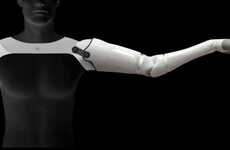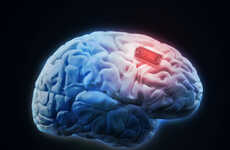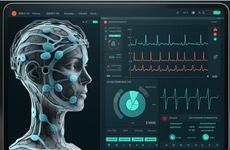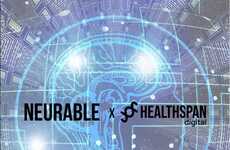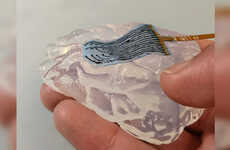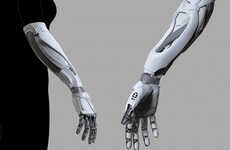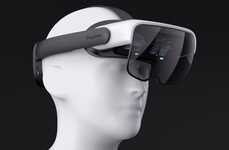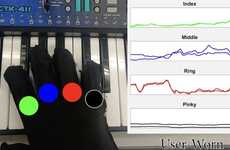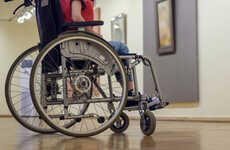
Northwell Health's Team Develops a Brain Implant Technology
The Feinstein Institute of Bioelectronic Medicine team at Northwell Health develops a new AI brain implant technology. Keith Thomas was involved in an accident a few years ago, which affected his C4 and C5 vertebrae, losing feeling and movement from the chest down. The team mapped his brain using MRIs to understand the parts of the brain responsible for arm movements and feelings.
The technology's developer and leading investigator of the clinical trial notes that "This is the first time the brain, body and spinal cord have been linked together electronically in a paralyzed human to restore lasting movement and sensation. When the study participant thinks about moving his arm or hand, we ‘supercharge’ his spinal cord and stimulate his brain and muscles to help rebuild connections, provide sensory feedback, and promote recovery. This type of thought-driven therapy is a game-changer. Our goal is to use this technology one day to give people living with paralysis the ability to live fuller, more independent lives."
Image Credit: Northwell Health’s The Feinstein Institutes for Medical Research
The technology's developer and leading investigator of the clinical trial notes that "This is the first time the brain, body and spinal cord have been linked together electronically in a paralyzed human to restore lasting movement and sensation. When the study participant thinks about moving his arm or hand, we ‘supercharge’ his spinal cord and stimulate his brain and muscles to help rebuild connections, provide sensory feedback, and promote recovery. This type of thought-driven therapy is a game-changer. Our goal is to use this technology one day to give people living with paralysis the ability to live fuller, more independent lives."
Image Credit: Northwell Health’s The Feinstein Institutes for Medical Research
Trend Themes
1. AI-enabled Brain Implants - The development of AI brain implant technology revolutionizes the field of medicine by restoring movement and sensation to paralyzed individuals.
2. Neurological Mapping - MRIs and advanced mapping techniques unlock a deeper understanding of the brain and its connection to bodily functions, opening up new possibilities for treatment and rehabilitation.
3. Thought-driven Therapy - Using brain stimulation and sensory feedback, innovative therapies have the potential to significantly improve the quality of life for people living with paralysis.
Industry Implications
1. Healthcare Technology - The development of AI brain implant technology has the potential to disrupt the healthcare industry by revolutionizing the treatment and rehabilitation of paralyzed individuals.
2. Medical Imaging - Advancements in MRIs and neuroimaging techniques present disruptive opportunities in the field of medical imaging, paving the way for enhanced neurological mapping and diagnosis.
3. Rehabilitation Services - Thought-driven therapy and innovative technologies offer disruptive possibilities in the field of rehabilitation services, enabling paralyzed individuals to regain movement and independence.
7
Score
Popularity
Activity
Freshness


